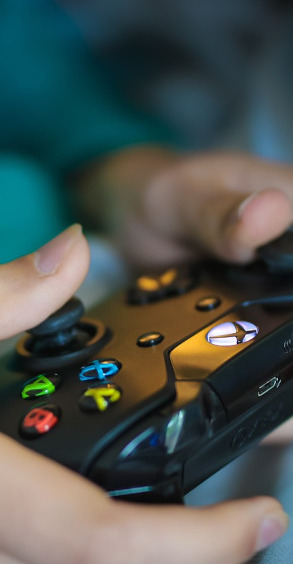|
Areas of Specialization
- Those who work in the tech & gaming industry
- Relational conflict & communication, including with those who practice polyamory and ethical non-monogamy
- Anxiety (social anxiety, panic, generalized anxiety, etc.)
- Identity exploration
- Harassment & bullying, especially in online spaces
- Perfectionism, stress, and burnout
- Depression
- Trauma & complex PTSD
- Queer teens & adults
- Addictive behaviors, especially if concern of video game addiction
- Highly driven, ambitious individuals
- Gifted children and adults who grew up gifted
- Creative blocks and struggles
- Grief and loss, including the loss of a pet
- Family of origin issues (who you grew up with)
- Survivors of narcissistic abuse and emotionally immature parents
- Existential crises

Geek Therapy
Many people may ask, “what makes geek therapy different and how is it relevant to therapeutic work?”
Geek Therapy can allow us to build rapport through shared language and interests. We can get right to the core of what you want to talk about without spending session time explaining basic terms, mechanics, or concepts. This shared space of understanding provides us the context through which to explore your feelings, thoughts, and experiences. And even more than exploration, it can also provide us with useful tools to support you in your therapeutic work.
Additionally, geek and gaming media provides us with meaningful stories and experiences that can impact us. We may identify with certain characters or relationships, relate to their experiences, or get to experience something through a game that we are wanting or missing in our everyday lives. Through thoughtful reflection and exploration, we can utilize the media you consume to aid in building self awareness and relational awareness as well as to process, integrate, and heal painful experiences.
Clients have told me they didn’t feel they could share this part of themselves with prior therapists. They felt they wouldn’t be understood, it would take too much time to explain, or they wouldn’t be taken seriously. Many of these same clients have shared how valuable it has been to be able to bring this part of themselves to their therapy work and to be seen in this way.
Video Game Addiction
Video games span a wide range of genres, complexity levels, play styles, themes, and possibilities for social interaction. As a result, it’s impossible and inaccurate to say that all video games have a negative impact, increase violent behavior, or are geared towards inciting addictive behaviors. Video games do a lot of good and there are many studies (more every day) that speak to the wide ranging benefits of engaging with video games.
What might appear on the surface to be video game addiction is often less about the video games themselves and more about the individual’s internal/external supports and self-regulation. It is necessary to explore and thoughtfully assess what the player is getting from their play time, consequences of excessive play, how the player feels during and outside of gaming sessions, and the types of games that are being played.
This assessment is best facilitated by a therapist who understands games and gaming culture; one who truly appreciates the full spectrum of gaming including its benefits, difficulties, and potential risks.

Stacey Weber, MA, LMHC
Psychotherapist
Can accommodate afternoon & evening appointments, ADA accessible
Face the Sea, PLLC
2208 N.W. Market St.
Suite 504
Seattle, WA 98107

 Stacey Weber, MA, LMHC
Stacey Weber, MA, LMHC